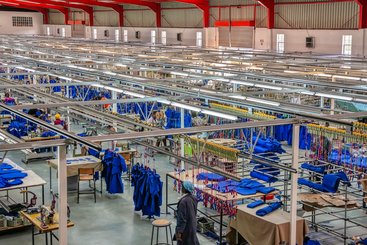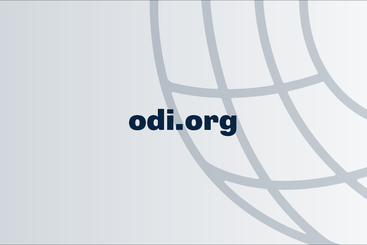The African Continental Free Trade Area (AfCFTA) provides African firms with tariff-free market access as long as they meet the rules of origins (RoOs) requirement specified in the Agreement. The primary aim of RoOs is to offer preferential tariff benefits exclusively to AfCFTA member countries while preventing trade deflection from non-member countries.
This report examines the RoOs in the AfCFTA and their impact on trade and industrial policy. The restrictiveness of the RoOs is found to reduce preference utilisation and hinder regional value chain (RVC) development.
It suggests that AfCFTA implementers should consider policies to lower the restrictiveness and costs of RoOs. It also highlights the sectors with the highest RoO restrictiveness and the implications for climate change efforts. The cost implications for firms and policy suggestions to reduce RoO costs and complexity are discussed, including relaxing product-specific RoOs, exploring self-certification options, allowing duty drawbacks, and considering the implications of RoOs for RVC development in textiles and automobile sectors.



